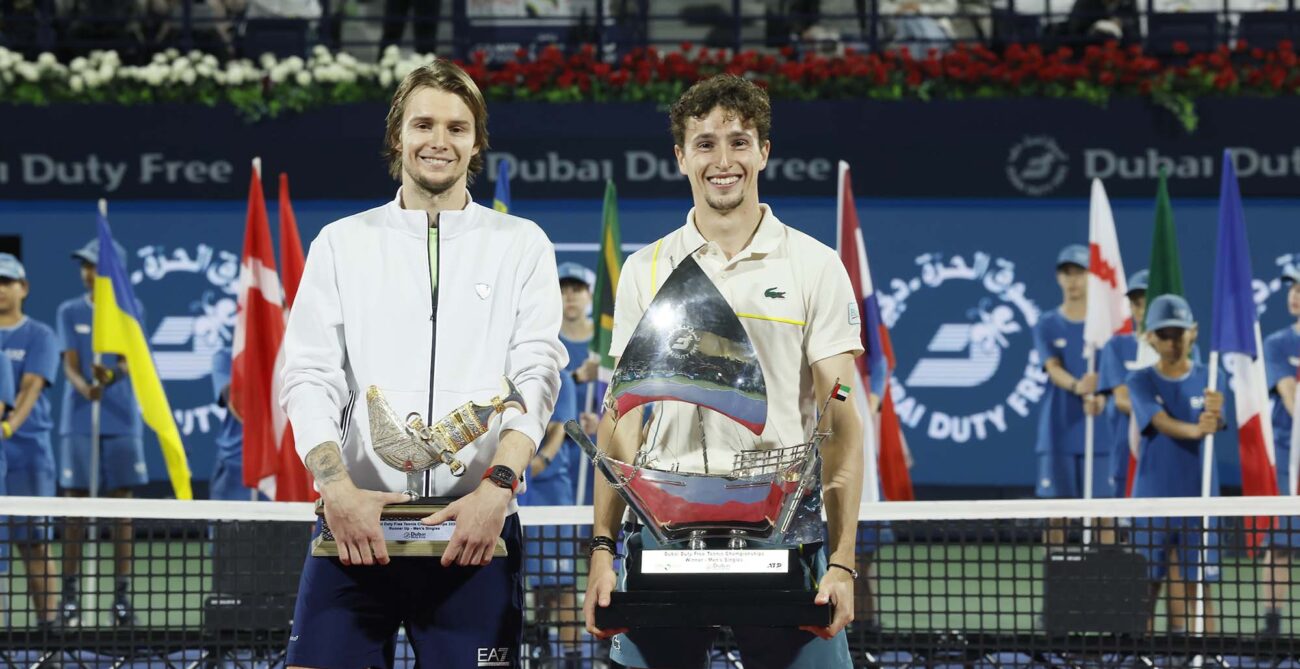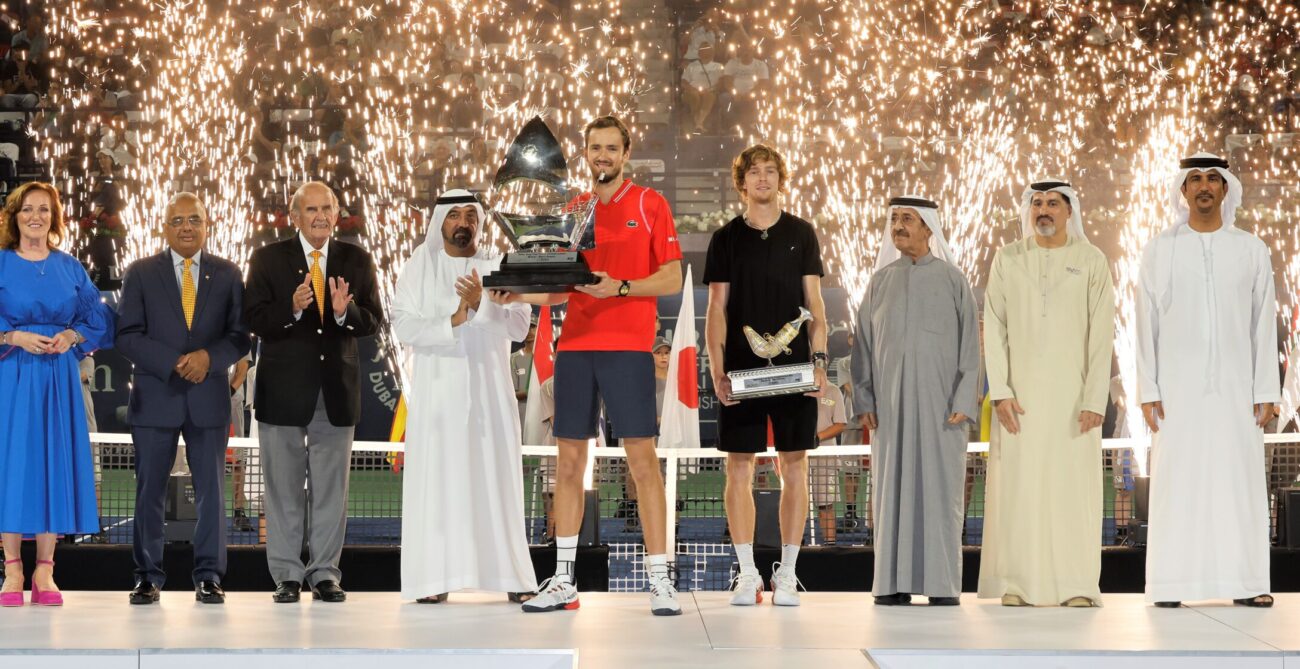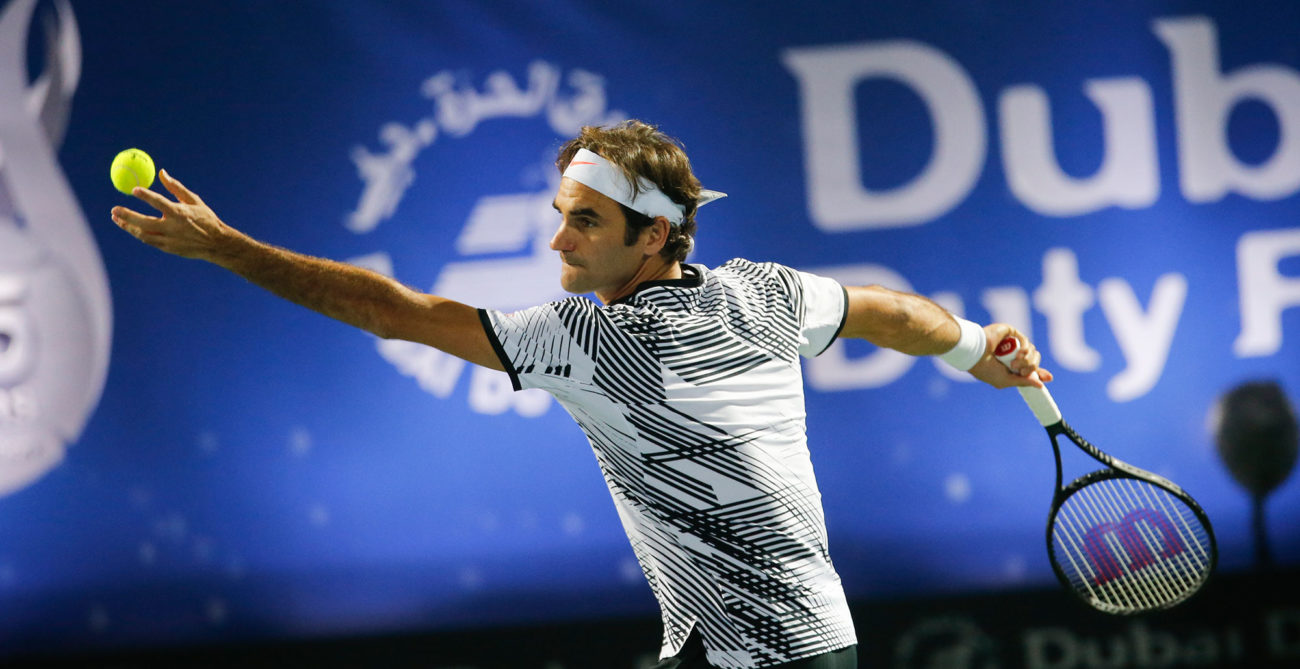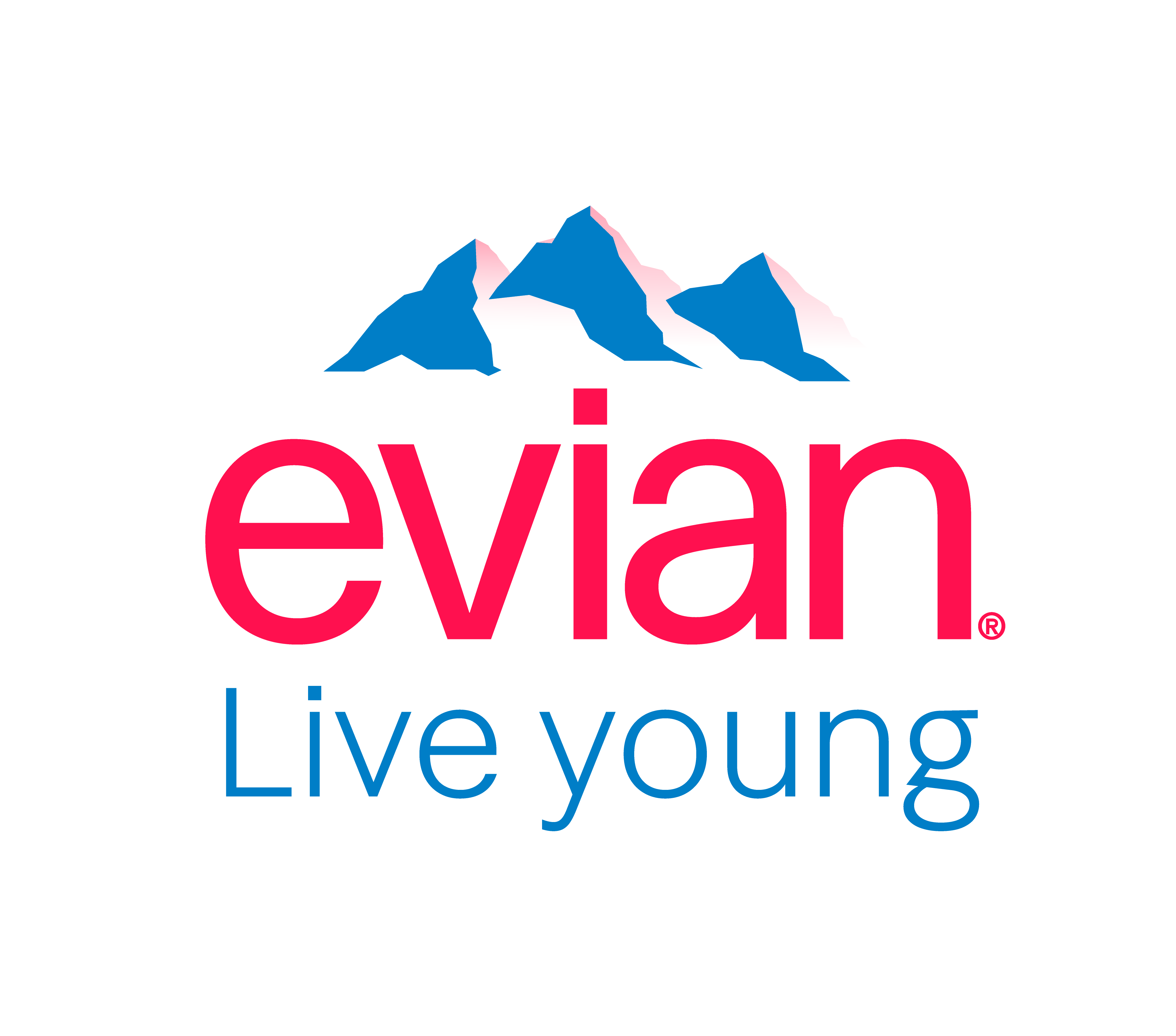Roger Federer – Press Conference
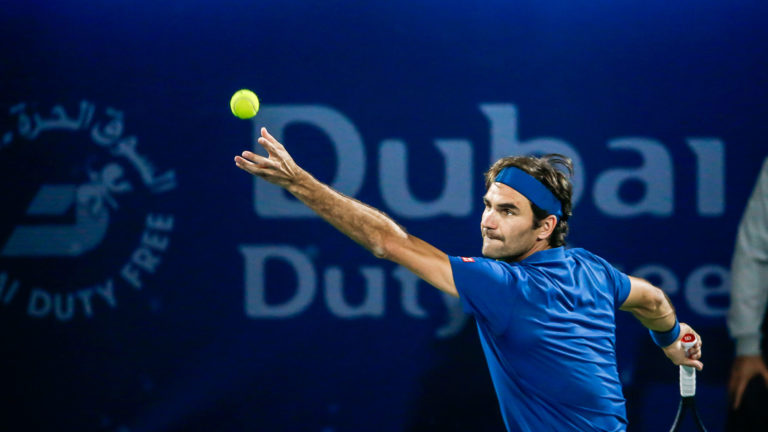
Men's Day 1 Action: Roger Federer faces Philipp Kohlschreiber in the first round of the 2019 Dubai Duty Free Tennis Championships.
THE MODERATOR: Questions, please.
Q. Tell us your thoughts on that.
ROGER FEDERER: Just somehow get through. Somehow try not to lose. I know you always play to win, but sometimes in the wind, in a first round against Kohlschreiber, who can play very well in spells, especially in conditions like this, a lot of topspin and spin.
It’s just a match against the conditions really more than the opponent, which is a completely different mindset than when you go out and, Okay, I need to do this on the slice to get him to pop it up, but I do that. This was none of that.
This is making sure I get enough balls into play. You stay aggressive, maybe even though you’re not feeling so well. It’s swirly and all that stuff. I’m very pleased I was able to find a way. I actually played a really good third set, I thought.
Q. Did you expect to play better or worse than you played today?
ROGER FEDERER: I think I was maybe expecting a little better. I mean, the first two sets, especially the first set and a half, I thought was so hard on the rhythm. I really struggled to get everything going. At the same time I was in the lead, so no need to be down on yourself there or talk it down.
Second set, I feel like at least the first break shouldn’t have happened. A couple of millimeters and centimeters decide maybe the end of that second set. He was playing a little bit better, too, in the second set. So it’s okay.
The thing is, you just don’t know how long it is going to be swirly. All of a sudden it could stop and you could be a break down. That also plays in your head a little bit.
It’s just trying to find out and figure out how much do I really have to do, is it okay to put the ball into play, is it better for me to slice or to come over, is it better to play in or back.
Like I mentioned in the press conference, conditions are playing a bit slower here. I also have to calibrate my game a little bit to those conditions.
At the end of the day it was just move your feet, try to stay aggressive, just go through the motions. I thought, like I mentioned, I played well in practice. I know the game’s there. It was just really difficult conditions tonight. I think it’s been a month since I’ve played in the wind, to be quite honest, so…
Q. Belinda, you spent time with her playing Hopman Cup two years in a row. Talk about her winning this title, her comeback from injury, going to the ITFs.
ROGER FEDERER: Look, I definitely didn’t expect it. I still think, like she also thought, it was sort of work in progress, her whole comeback. This is what sports does, they write great stories.
I’m heal happy for her, number one, that she’s healthy. I remember she called me in Miami last year and she said, My foot was hurting. My physio took a look and said, It’s not great, I’m sorry to tell you, but you need some more time off.
And this is after the wrist issues she had before. It was hard for her. She came back for the French, even though she wasn’t ready yet. All that stuff lingers for a long time. I think she’s coming from far behind. She tried things out with her team. Also just in her game, I guess.
I think it’s nice that things fell into place maybe a little bit earlier than she expected. I thought the way she did it was tremendous, beating four top-10 players in exhilarating matches, to be honest. I think that was wonderful for her.
I saw her briefly. It was déjà vu. Every day I saw her at the courts, every day I congratulated her, every day she went on to win the next one. And then the next day I saw her at lunch, and I quickly saw her after the finals before she left.
She was so happy. It was a pleasure to see her play a little bit, and also happy that everything is coming together with her father and her fitness coach right now.
Q. Fernando Verdasco said he’s looking forward to playing you.
ROGER FEDERER: That’s no good (smiling). No, I’m joking.
He’s a good guy. I think he’s got one of those wonderful forehands on the tour. We’ve seen the great shot-making he has been able to produce over the course of his career.
It’s nice to see the Kohlschreibers and Verdascos still being on tour. Back in the day, playing at 34, 35, 36, that was not logical. So I’m happy that he’s still going.
Yeah, I think he’s a good player. He can definitely peak against the top guys. I think that’s why he’s still playing, for those kind of matches, so I have to be careful.
Q. He also said out of the top four, the so-called big four, you’re the only one he’s never beaten.
ROGER FEDERER: Well, that’s good.
Q. What are your thoughts on that?
ROGER FEDERER: That is very good to know. I thought it was correct. I wasn’t 100% sure if I’d lost to him previously. I don’t think I’ve played him that often, to be quite honest. Only six over a 20-year, or 15-year career since he’s been on tour. Not very often, to be honest.
Could be an advantage for him, I’m not sure. Could be one for me. We’ll see how it goes. I hope it’s not going to be as windy as tonight so we see good tennis or better tennis.
Q. The crowd, the last couple years, when you get broken or lose a set, it seems to tense the stadium. Do you feel it at all or is it something that you don’t even notice?
ROGER FEDERER: Yes, I do notice it. I do feel crowd support. They’re doing the wave I guess to cheer me up today because I was down in the score in the second set. Mexican wave, I’m down in the score. Usually they do it when I’m in the lead (laughter). They were chanting my name, so I took it as a positive.
I can’t complain. I get amazing crowd support basically everywhere I go. That’s a real treat. I thought I was maybe at my peak maybe 2012. I couldn’t become more popular or get more crowd support. It has gotten better even from then on.
Definitely one of the big reasons why I’m still also playing, is to feel the crowd, to get close to them, try to hit good shots, try to put on a show. Tonight maybe was not quite that, but I’m still around, so I get a second chance on Wednesday.
Q. When you’re playing a friend that you know very well, do you feel how rough it must be for him when it’s 100% in your favor?
ROGER FEDERER: Yeah, but tennis is very respectful in a sense. They’re not whistling my opponent, booing him, whatever they’re doing. So from that standpoint, I think it’s okay.
I don’t feel bad because I’ve been on tour for a long, long time. I’ve done so many interviews. I am the more famous person because I’ve been playing for so long. Maybe naturally they get behind the more famous players, the more successful players, I’m not sure. I always try to make sure that they do respect my opponent.
I didn’t like when they kind of semi-booed him after he quickly smashed his racquet. I think it’s quite comical when that happens. I think people should be excited when that happens. It’s like a happening out there. Of course, he gets a warning. That’s already punishment enough.
It’s all good. I don’t think people really complain about it. The disturbing part is when people do it right before a serve or really do it to disrupt the opponent. As long as it’s just a cheering your favorite guy on, no problem. I’ve never had a problem if guys cheer on their player. It’s a normal thing to do.
Q. You play a left-hander tomorrow.
ROGER FEDERER: Wednesday.
Q. You played Feliciano Lopez here, struggled. What are your thoughts on that?
ROGER FEDERER: Yeah, long time ago, that one. I played a few other lefties in the past, as well. I always thought it was hard to play left-handed servers because their strength goes into your weakness, your strength goes to — I don’t know. It just doesn’t work properly against the lefties.
For a one-handed backhand player, I have a great record against left-handed players. Obviously Rafa has caused me most problems throughout. That’s because of the level of play he’s able to achieve, to be honest.
Yeah, I don’t fear the lefties any more like I did in my teenage years, so that’s good. I think that’s because I was able to improve my game. Every player anyway tries to play to your weakness or tries to make you play bad. Yeah, no different with Verdasco.
I have to come out and play good and serve well and stay on top of the baseline, try to dominate from there.
Q. I wanted to ask about two Russians: Khachanov and Medvedev. You played both of them. What impression have they made on you as persons and as players?
ROGER FEDERER: I feel, number one, they’ve improved greatly. Not that they were bad before, not in any way. Just in terms of results, ranking, I thought they were good players.
Medvedev hasn’t been around for long. I haven’t practiced with him enough. What I saw, it was all right. Then he started going on a tear sort of the last year or so, year and a half I’d say even.
What gets our attention is people winning tournaments, the top guys, 500s, 250s, 1000s. What’s difficult in the game of tennis is to close out events. When you do that at that level or just win many titles over a six-month period, I think it shows they have game.
If they can do that, they can do more. You can expect more from them. That is what is going to happen from them, maybe even if Khachanov has a bit of a hanger right now. Who cares, he has the thousand points in the bank from Paris. Those are going to stay in the system for a while, so he has time.
Medvedev seems to be on a very good run. He’s very consistent. Takes the big shot at the right time. He’s found his attitude. Both seem very nice, open. I chat to them on a daily basis. It’s the kind of guys you’re also happy to practice with.
I’m happy that we have good Russian guys and players on the tour right now, up-and-coming.
Q. Considering this match, do you think the surface was weaker, faster or the same than the last few years?
ROGER FEDERER: Obviously we’ve had a double change here now: we have different balls, different speed. There’s two aspects to it.
Yeah, apparently they resurfaced the courts two weeks ago. Who knows. This is through third parties, so I’m not maybe telling massive rumors here, but that’s what I’ve been told.
I just think it’s more gritty now, a bit more Indian Wells like, which I think is a good thing. It used to be really a fast court tennis tournament here.
Even in practice here, all the weeks I’ve spent here, it’s been very difficult to control the ball. Maybe you also saw that tonight. I think it’s much more because of the wind that it was hard to control tonight, not because of the speed.
I think it’s a different feeling overall this week. You can’t just serve your way out of trouble all the time. You have to do it with hitting the lines off baseline shots. It’s just going to take a different type of approach in how you’re going to try to win your points. That’s it. I got to make that mental adjustment very quickly.

